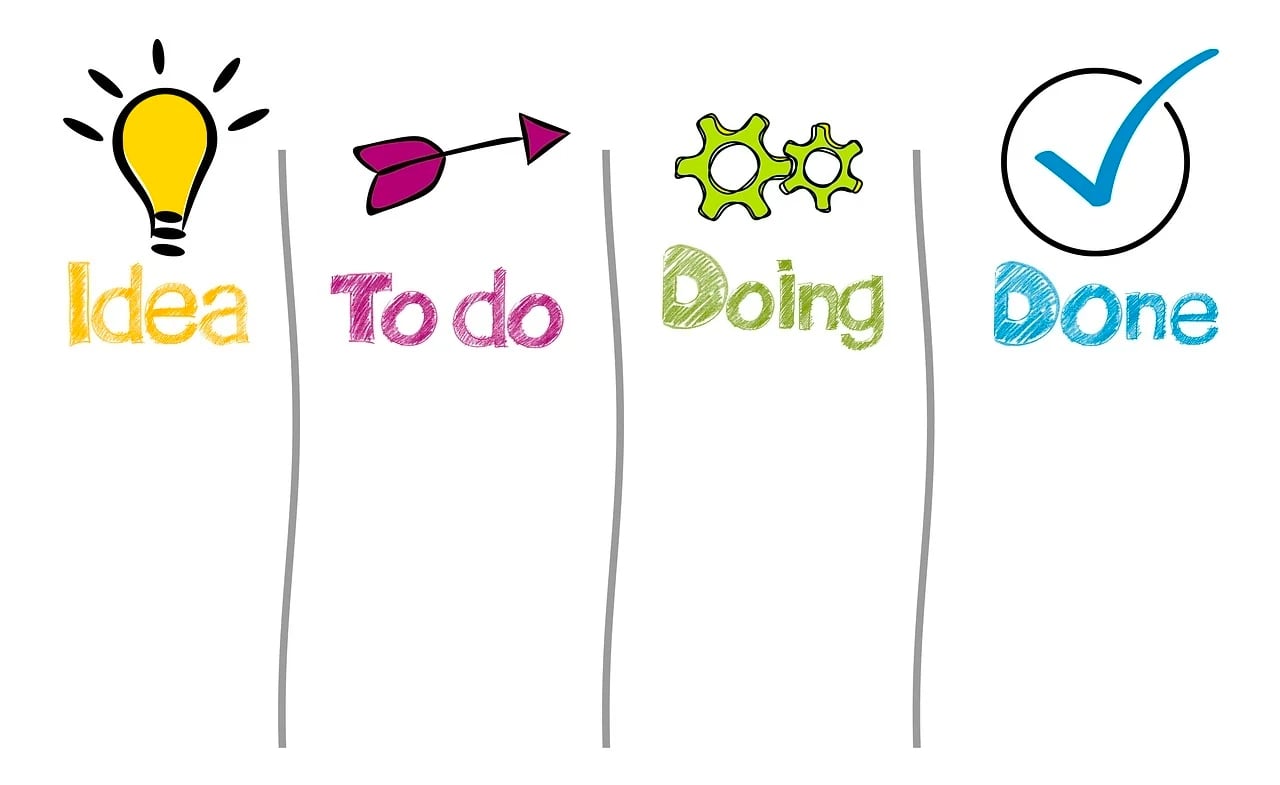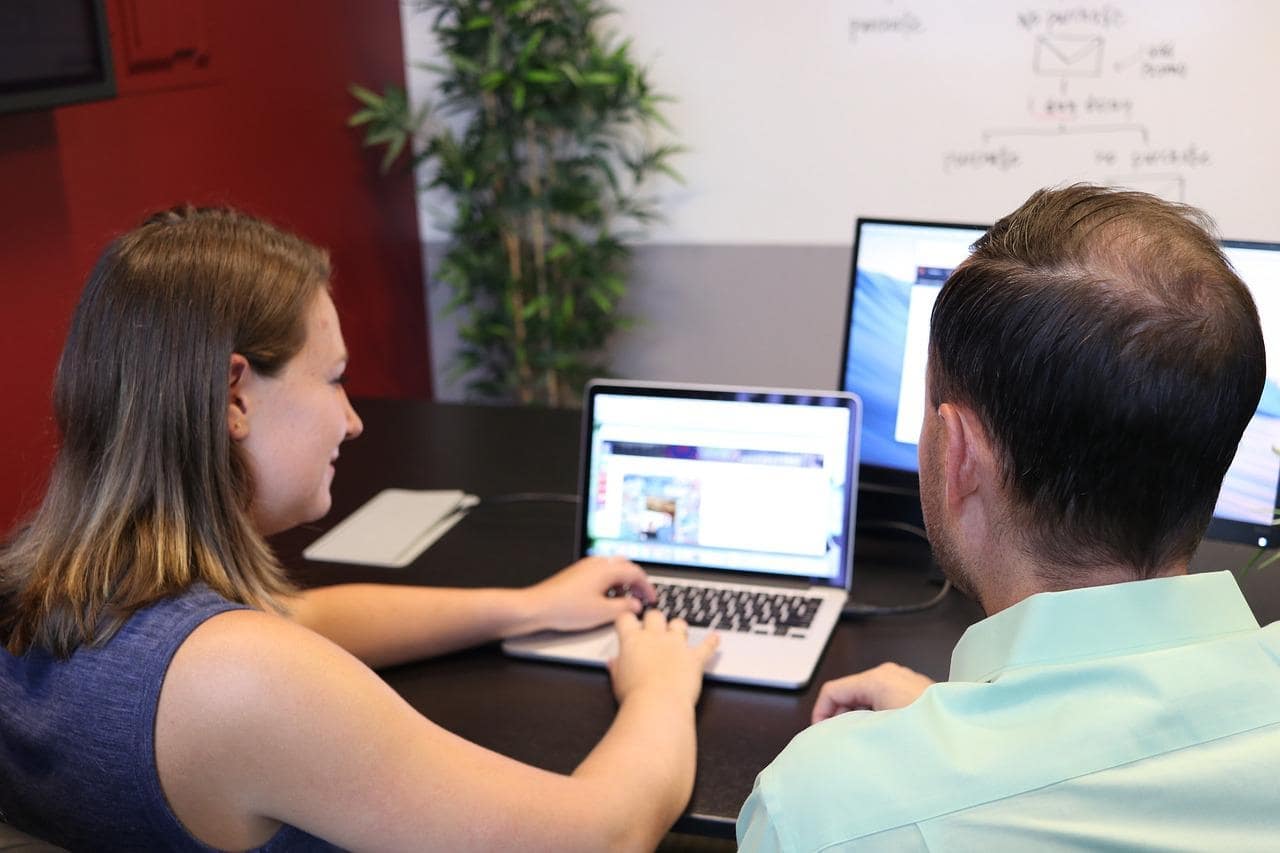Back to Blog
15 Questions To Ask Clients Before Signing a Contract
[Hide]
You’ve heard that “nothing is real until the contract is signed.” You might be eager to put pen to paper with your new client and kick off your new project fast.
But you might be making the wrong move.
No matter how enticing it looks, client relationships can quickly go south if you set things off without fully understanding your client's needs. Asking the right questions before signing a contract will help you better understand your client’s business priorities, experiences, and project expectations, which are crucial factors for deciding whether a client fits you. This article discusses some of the best questions you should ask prospective clients and decision-makers.
Ask key questions to strengthen your business relationships

There are a few different categories of questions you should ask a potential client before you sign a contract with them.
Things like better understanding your prospective client’s business model, current challenges, pain points, past agency experience, how your services will benefit them, and project scope are crucial — especially the last one.
Project questions will help you align with the project scope and understand the client’s expectations.
15 Questions You Should Ask Every Client
Here is a list of questions to ask clients before signing a contract:
- Do you have DEI and value statements?
- What are your top pain points?
- What problems does your product solve?
- Who are your top 3 competitors?
- Who is your target audience?
- What is your 5-year plan?
- Have you worked with an agency or freelancer in the past?
- Why do you want to work for us?
- How do you work with third parties?
- What is your budget for this project?
- What is your big-picture end goal for this project?
- What would a roaring success for this project look like?
- How will you measure the success of this project?
- What internal resources do you have that overlap with our services?
- Who is going to be the primary contact and approver on this contract?
Okay, let’s dive into each one.
1. Do you have a DEI and values statement/pledge?
This is an opportunity to learn if your values align with the client’s values. Misaligned values can lead to a string of ethical and PR issues for you and the client — like guilt by trade association. So, for example, if you’re a pro-climate company, you shouldn’t work with a company that invests in fossil fuels — no matter how juicy the offer is.
Aaron Templer, founder of Three Over Four, says, “We want to work with organizations that have something at their center other than profit. So, their response to this question tells us a lot. Even if they don't have such statements/pledges, they may have good reasons for not having them. The dialogue speaks volumes.”
2. What are your top pain points and biggest challenges?
This question is critical so you can ensure the client’s goals are realistically attainable and make sure that you have the expertise to help them.
3. What problem does your product solve for customers?
Client messaging can often get bogged down in the specific feature set of a product. If they have not gone through an in-depth messaging exercise, you may need to guide them toward the “Why,” not just the “What.”
4. Who are your top 3 competitors?
It’s always good to research similar or competitive companies upfront to gain a broader perspective of the client’s industry.
5. Who is your target audience?
Understanding your client’s target customer is the first step in executing a project that impacts them positively. For example, audience demographic information like gender or age will shape your key project messaging.
Marelle Ellen, Chief Marketing Officer at Promoty, says, “As we’re an Instagram influencer marketing company, our main question is: Who is your customer? If their customer is not on Instagram, influencer marketing on Instagram is not the right channel for them.”
6. What is your 5-year plan?
Jonathan Zacharias, founder of GR0, says, “Before committing to a new client, it is essential to understand where the client’s business is and where they want to be. We know what we can offer on our end, but what are they going to bring to the table as well? The more thought out their future strategy, the better.”
7. Have you worked with an agency/freelancer in the past?
“If a company has not worked with freelancers before, the freelancer has to do some handholding and educating. Depending on the client, it might not be worth it. Such companies can also treat freelancers as temp employees instead of external experts,” says Kasun Pathirage, founder of Verba Auream.

If they’ve worked with an agency or freelancer previously, ask them how those relationships turned out. “It’s a good idea to suss out their previous relationships. It’s a bit like dating — if they throw all the blame on their ‘exes,’ there is a good chance they are the problem,” explains Liam Carnahan, founder of Inkwell Content.
8. Why do you want to work with us?
Andreea Tufescu, a business and branding photographer, says, “The answer to this question always indicates what my potential client might value, what their personality might be like, and how I could deliver a positive client experience.”
9. How do you work with third parties?
You need to know how the prospective client collaborates with external service providers and if their workflow fits into your existing work structure.
Pat Ahern, partner at Intergrowth, says, “This question allows us to disqualify prospects that have unrealistic expectations of how we’ll help them grow. For example, it helped us to respectfully turn down one prospect that expected our team to be available to answer emails on weekends.”
10. What is your budget for this project?
The exact framing of this question will vary depending on the prospect, but the goal is to confirm that the client has the resources to engage with your services properly.

Freelance consultant Noah Kain says, “I’ve spoken to prospects who were in the first couple of months of business with very little revenue, so it didn’t make sense for them to put so much capital towards SEO quite yet. It’s important to work with clients who aren’t treating your service as a lifeline but as more of an investment to grow what is already working.”
11. What’s your big-picture end goal for this project, and where are you on the road to achieving it?
Nia Gyant, a freelance content writer and strategist, says, “This question gets to the heart of clients’ goals, shows whether they have realistic expectations, and reveals how diligent they are about progress-tracking. If a potential client is unsure about the core goals or hasn’t really analyzed the impact of past efforts, I know immediately that we’re not a fit.”
12. What would a roaring success for this project look like to you?
Tyler Hakes, founder of Optimist, says, “I think it gives the potential client a chance to really articulate what they are expecting, both in terms of execution and outcomes. You can spot red flags like if the client has unreasonable expectations — e.g., ‘We want a million new leads by next week!’ You can also usually identify if there is a mismatch in terms of scope. Like, if the client says, ‘We want to publish 20 new articles and run a FB campaign,’ then you can ask… who will run the FB campaign?”
And if the client has realistic and attainable expectations, you can link these expectations to the past results you’ve achieved, explains Kerry Campion, SEO content strategist and founder of God Save The SERP.
13. How will you measure the project’s success?
You need to know what metrics the client will measure the project’s success with. For example, Flying Cat Marketing, an SEO agency, looks out for metrics like average customer value, organic to lead conversion rate, lead to paying customer conversion rate, and sales cycle length to determine if they can provide ROI for prospective clients within a reasonable amount of time.
14. What internal resources do you have that overlap with our services?
Some clients already have internal team members handling some aspects of your services — like an in-house content team. In this case, you need to clarify what they’re hiring you for, so you don’t end up repeating tasks already executed by the internal team.
15. Who is going to be the primary contact/approver on this contract?
Liam Carnahan, founder of Inkwell Content, says, “This is important to know, so I can be sure there is one single person who I can count on to help me make sure work is delivered to the right people. It’s a red flag if they don’t have an answer, or if the answer is more than two or three people — which suggests big bottlenecks are coming.”
How to send questions to prospective clients

Once your questions are set, the next step is collecting responses from clients. Ideally, you’d want a method that allows you to gather responses fast to make a business decision on time. In that case, you should use Copilot — an all-in-one software for client collaboration.
In Copilot, you can create a client intake form and share it with prospects. They’ll fill it out and submit it right in the app, and you can have all their responses in one place. It’s a better way to streamline data collection for your business.
Learn more about how Copilot works for questionnaires.
Share this post
Sign up for our newsletter
Subscribe to our newsletter to receive emails about important announcements, product updates, and guides relevant to your industry.
